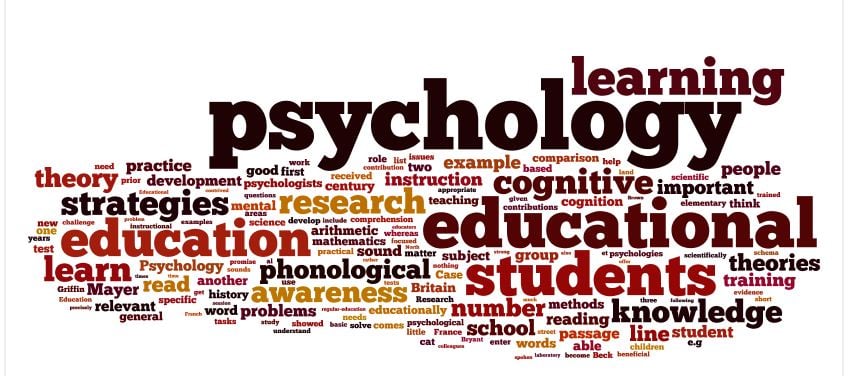Educational Psychology and the Return of the Hong Lorns
Highlights of Richard Mayer’s article, “What Good is Education Psychology? The Case of Cognition and Instruction” included interesting studies on phonological awareness, applied mathematics, and reading comprehension. The important studies appear after Mayer’s claim of the overlooked primacy of educational research. Mayer’s article reassured me that connection, application, and repetition are necessary in instruction. But who drives instruction?
Mayer neglected to reference teachers’ vital importance in the challenging 180-day matrix of students, parents, administration, and administrivia (84).
If we render the article text via a word cloud, “Teaching” receives as much prominence as the words, “short” and “France.” The word “Teacher” is not significantly represented at all. I’m sure the slight is unintentional, since Mayer is a substantial contributor to the field.
Reading this article transported me to Buc’s grill in Fredericksburg, Texas where last Monday, I watched the Alamo Bowl featuring The University of Texas Long Horns and a team from Oregon. The over fire-code capacity crowd’s raucousness forced TV’s to display closed captioning play-by-play.
At one point, the closed caption scrawl read “Hong Lorns take possession.”
Upon reading the misplaced letters, the Phi Beta Kappas in the crowd exploded. Their objection rippled through all academic levels of supporters. The misplacement of an “H” and an “L” received final kinesthetic disapproval with French fries flung toward TV screens.
Mayer’s perception of the state of educational psychology reminds me of the flying fries and “Hong Lorns.” Mayer misplaced the value of educational psychology’s contribution in his preoccupation with its lack of noteworthy respect at the expense of valuable studies and teacher recognition, just like the switched letters “H” and “L” in “Hong Lorns” at last week’s Alamo Bowl. Better not to bury the lead of the empirical study contributions in the field and misplace the emphasis on teaching and learning.
Mayer, R. E. (2001). What good is educational psychology? The case of cognition and instruction. Educational Psychologist, 36(2), 83-88.






